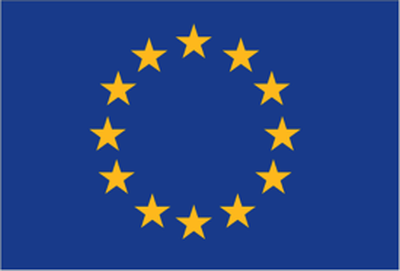 The European Commission today launched a formal investigation into Apple's tax arrangements in Ireland, seeking to determine whether the company's tax deals in the country are considered illegal state aid. The Commission is also investigating Starbucks and Fiat Finance & Trade SA.
The European Commission today launched a formal investigation into Apple's tax arrangements in Ireland, seeking to determine whether the company's tax deals in the country are considered illegal state aid. The Commission is also investigating Starbucks and Fiat Finance & Trade SA.
"Special secret deals should be outlawed across the EU," Chas Roy-Chowdhury, head of taxation at the Association of Chartered Certified Accountants, said in an e-mailed statement. "All tax breaks and reliefs should be openly available for qualifying businesses."
Apple's tax policies have been under scrutiny in recent years, as it utilizes multiple subsidiary companies headquartered in the Irish city of Cork to move money around the world without significant tax penalties because companies managed and controlled abroad but located in Ireland are not subject to taxes. Last year, Apple's arrangements earned it a tax rate of 3.7 percent on non-U.S. income.
Apple has maintained that its tax policies are entirely legal, a position it echoed today in a statement to Bloomberg. An SEC investigation also found Apple's tax policies to be legal.
"Apple pays every euro of every tax that we owe," the company said in an e-mailed statement. "We have received no selective treatment from Irish officials. Apple is subject to the same tax laws as scores of other international companies doing business in Ireland."
As the European Commission begins its investigation, the U.S. Senate is considering a one-time tax break to repatriate cash held overseas. Back in 2013, Apple CEO Tim Cook defended Apple's tax practices and responded to accusations of "extensive tax-avoidance strategies" with a call for tax reform, asking for simplified corporate tax policies and lower rates for repatriation.
Apple holds more than $100 billion in cash overseas and at current tax rates, it would have to pay a 35 percent corporate income tax to bring the money back to the United States, "a very high number," as Cook has said.
If a tax holiday is granted, the rate could be much lower. A repatriation holiday in 2004 allowed companies to bring cash to the U.S. at a rate of 5.25 percent, which could cut Apple's tax bill down significantly if it brought money back from overseas.
Note: Due to the political nature of the discussion regarding this topic, the discussion thread is located in our Politics, Religion, Social Issues forum. All forum members and site visitors are welcome to read and follow the thread, but posting is limited to forum members with at least 100 posts.





















